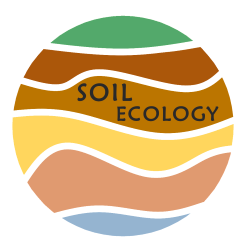| Guhr, A; Weig, A: Assessment of prokaryote to eukaryote ratios in environmental samples by SSU rDNA length polymorphism, Antonie van Leeuwenhoek, 113(2), 175–183 (2020), doi:10.1007/s10482-019-01327-y | |
| Abstract: Microbial communities are important regulators of many processes in all ecosystems. Understanding of ecosystem processes requires at least an overview of the involved microorganisms. While indepth identification of microbial species in environmental samples can be achieved by next generation sequencing, profiling of whole microbial communities can be accomplished via less labour-intensive approaches. Especially automated ribosomal intergenic spacer analysis (ARISA) are of interest as they are highly specific even at fine scales and widely applicable for environmental samples. Yet, established protocols lack the possibility to compare prokaryotic and eukaryotic communities as different primer sets are necessary. However, shifts in the eukaryote to prokaryote ratio can be a useful indicator for ecosystem processes like decomposition or nutrient cycling. We propose a protocol to analyse prokaryotic and eukaryotic communities using a single primer pair based reaction based on a region with variable length (V4, which is about 180 bp shorter in prokaryotes compared to eukaryotes) in the small ribosomal subunit flanked by two highly conservative regions. Shifts in the prokaryotic and eukaryotic ratio between samples can be reliably detected by fragment length polymorphism analysis as well as sequencing of this region. Together with established approaches such as ARISA or 16S and ITS rDNA sequencing, this can provide a more complex insight into microbial community shifts and ecosystem processes. |

